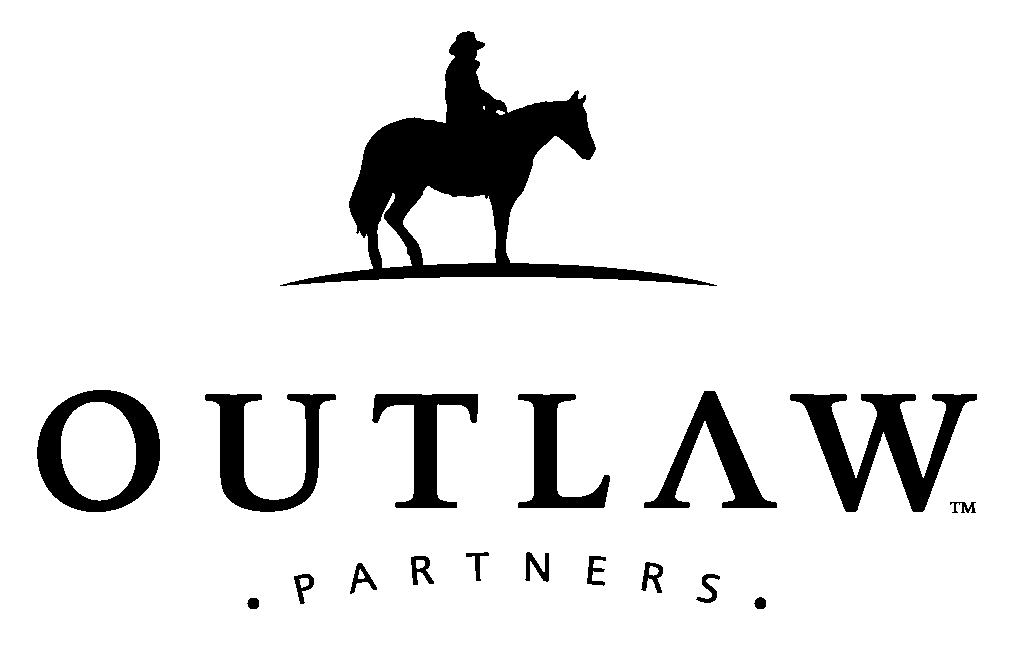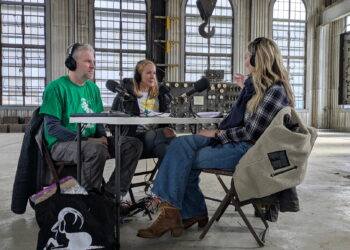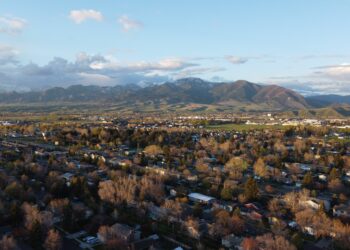By Bella Butler and Gabrielle Gasser EBS STAFF
BIG SKY – Following the rollercoaster that was 2020, the fifth annual TEDxBigSky took place in the new year on Jan. 30, 2021, capping off the weeklong Big Sky Ideas Festival which included panel conversations, live music and film screenings.
To plan a TEDx event during a normal year is a major lift; to plan one during a pandemic requires a team effort, hard work, flexibility and creativity. This year, the event was held in person, to a select group of approximately 50 attendees socially distanced, and virtually. Nine speakers presented their personal serendipitous, life-changing, awakening experiences from the stage of the Warren Miller Performing Arts Center which was broadcast to a live global audience.
The virtual event drew an audience of 1,700 on Jan. 30 and as of Feb. 2 the video has garnered close to 5,000 views.
One viewer, Derek Leonard, shared his experience watching the live stream from the comfort of his couch and described the event as “the most impactful and inspirational TEDxBigSky.”
“It was just so great to have my judgements once again proven shallow, as each speaker excelled at ‘awakening’ emotions that challenged me with a call to action in regards to perceptions,” Leonard said. “It was a really unique and fulfilling way to spend a couple hours. The curation and preparation was phenomenal and evident. Hats off to all that made that happen.”
The Outlaw Partners team that put the event together had their work cut out for them.
“The biggest challenge was the changing landscape of not knowing if we would be able to have a live event or not,” said Ennion Williams, VP of events at Outlaw Partners. “Once we made the plan to go virtual, we realized that we could reach a much larger audience.”
Echoing Williams, Ersin Ozer, media and evens director at Outlaw Partners, also acknowledged the obstacles the pandemic presented in planning the event.
“The challenges of this pandemic brought us an opportunity to take a big step and explore new ways to produce the event,” Ozer said. “We’ve always wanted to livestream the event to the entire world with studio production value, and now we can grow that next year. A huge thank you to our sponsors, and to our Livestream Partner at GoPro for their impact in helping to make it happen.”
The theme of the evening was “Awakening,” inspired by the awakening process the country has gone through over the past year.
In so many ways, the world and human existence are structured by duality. After the darkness of night comes the light of day; after sleep comes consciousness; and perhaps after death, rebirth. One can only hope that a year of pandemic-induced devastation could yield such a counterpart—an awakening.
Louise Johns, a documentary photographer, vividly recalled joining her father on a National Geographic assignment as a child in the Pryor Mountains of Montana. As she peered through the viewfinder of her father’s camera, she felt in touch with something outside of herself for the first time.
Now a photojournalist herself, Johns has invested time capturing the relationship between bison and Plains Indians in Montana and Canada, as well as the relationship between a ranching family and grizzly bears in the Tom Miner Basin in Montana.
Johns expressed the importance of spending time with the stories she tells and building relationships with the people and places to which they belong.
“My camera has awakened me to the power of presence,” she said.
Following Johns, another visual storyteller, Max Lowe, spoke of his grieving process following the death of his father Alex Lowe, who was killed in an avalanche in the Himalaya in 1999 when Lowe was 10 years old. Nearly two decades later, Lowe documented his family’s 2016 trip to retrieve his father’s body from Tibet.
In a somber and contemplative tone, Lowe described the dissonance between understanding the power of vulnerability as a storyteller and struggling to embrace it as a character in his own story. Following that painful trip to Tibet, he learned to turn the camera back on himself, embracing empathy and vulnerability over ego.
Years after the tragedy of Alex Lowe’s death, Lane Lamoreaux, a wildlands firefighter, U.S. Marine and now filmmaker, suffered his own accident while paragliding in 2013. Lamoreaux’s heart flatlined, he lay in a hospital bed in a coma for nine weeks, and will live the rest of his life with a prosthetic leg. As a paraglider and former smoke jumper, much of Lamoreaux’s life has been defined by a high-altitude perspective, and he implored the TEDx audience to consider flying as a metaphor for resilience.
Lamoreaux says the bond he shares with his twin brother saved his life, and he emphasized the importance of human connection, a force strong enough to combat turbulence and rough air. By way of discipline, determination and a constructive attitude, Lamoreaux continues to paraglide and has used a camera to carve out a new life for himself making training videos for the National Fire Center.
“Find lift, gain altitude and appreciate the view,” Lamoreaux advised. In a deeply moving gesture, Lamoreaux closed his talk by shutting his eyes and stretching out his arms. “Keep flying,” he said.
Joining Lamoreaux in describing how their disabilities inspired awakening, Rob Balucas and Blu took the stage with two inspiring stories. Balucas, who suffered emotionally following the 2008 recession, recalled telling himself something many living through the current pandemic are likely familiar with: “This wasn’t supposed to be my life,” he said.
“As we discovered even in this last year, the true and inalienable right we have is to change, to challenge,” Balucas said. “And if you don’t have a toolbox of tools to use to cope, you just set yourself up for a world of hurt.”
Balucas, a triathlete, learned to take life as it comes, to opt for the less often discussed third option in the fight or flight psychology, and to surrender and move through reality. When he was paralyzed from the waist down in a bike crash, he didn’t allow himself to be paralyzed in fear but rather galvanized by gratitude for what he still had. Balucas continues training for an Ironman Triathlon.
Blu, a mystic medicine woman, musician, artist and storyteller, began to lose her hearing due to a hereditary disorder in her 20s. After grieving this loss, she found healing in rooting out a new superpower within her challenge.
While words lie, Blu said, energy never does, and she’s been able to communicate with people in what she finds to be a more meaningful way. “What story are you telling yourself around your own limitation?” she asked the audience. Then, in a chilling performance, Blu closed her speech by harmonizing with a Tibetan singing bowl.
Josh McCain, founder of Big Sky Bravery, also helps others to deal with personal limitations, largely mental and emotional. McCain is helping members of America’s most elite Armed Forces to battle their inner demons. Inspired by his brother-in-law Jeremy Keller, McCain founded a nonprofit to help active-duty Special Operations Forces decompress and reconnect with civilians.
McCain stressed the importance of starting the healing process while people are still serving and offered some staggering statistics detailing the impact duty has on SOFs and their families. McCain also shared anecdotal results from the programs or “task forces” run by Big Sky Bravery over the years and said that participants’ relationships with their families and civilians improved as a result of the program.
“One idea can spark massive change,” McCain said.
In closing, McCain brought Keller out on the stage with him and offered the audience four questions to help inspire change: What needs our help? What makes sense? What drives you? And, what are the right reasons?
The right reasons could be as simple as wanting a better future for your granddaughter, according to the next speaker, Dr. Cathy Whitlock.
Whitlock, a Regents professor in Earth Science at Montana State University, is a leader in the field of climate change and has been studying Yellowstone National Park since the ‘80s when she fell in love with it.
She detailed her research of the Greater Yellowstone Ecosystem and emphasized what a special place it is. “Yellowstone is an idea for me as much as it is a place,” Whitlock said.
Climate change, she said, has affected the GYE and said that living with uncertainties will be part of our future as a human race. While the climate crisis will not fix itself, Whitlock said she has hope that the crisis can be solved if humans act now.
Offering her own food for thought, Whitlock asked, “Whose future are you worried about?” and answered her own question saying, “I’m worried about my granddaughter.”
As one of 33 first cousins, David Leuschen, who also spoke on the climate crisis, recognizes the importance of family and building a better future for loved ones.
From Goldman Sachs to Riverstone Holdings, LLC, Leuschen has been in the energy business for 40 years. Leuschen cofounded Riverstone, which is one of the world’s largest energy investment firms and the largest independent investor in renewable energy.
Leuschen’s goal is simple: decarbonize or transition away from fossil fuels to low-carbon energy sources. The way the energy transition will happen, he says, is through private capital.
When COVID-19 hit, there was speculation about whether the pandemic would help or hurt energy transition. Leuschen says the coronavirus has helped. He presented various S-Curves, a measurement of the rate of change or rate of adoption of new technologies, detailing the progress of decarbonization thus far.
His conclusion was firm: “The tuba is blaring; fossil fuels are over.”
Jim Salestrom, Emmy Award-winning songwriter, lead singer of “Timberline” and a frequent member of Dolly Parton’s band since 1979, rounded out the evening with his guitar.
Salestrom shared some of his favorite stories playing with Parton and memories of his 25-year friendship with John Denver. He also described his childhood growing up in Kearney, Nebraska, and the awakening he experienced as a child when he discovered music.
“I hope to try to awaken the next generation of young songwriters and singers,” Salestrom said.
After sharing stories and memories, Salestrom described the various inspirations in his life, including his son, James Salestrom, who joined him onstage to play “Rocky Mountain High.”
The evening contained a number of stories of personal hardship and suffering, but within the dark, there was also light: stories of perseverance, inspiration and awakening.
“Anyone can analyze their own life using the idea of story and their place in it,” Lowe said in his talk. “It’s when you look at your own life as a story that you almost give yourself a window to look down on yourself as a character in your own narrative … and give yourself the chance, the space and the stage to speak your truth.”















